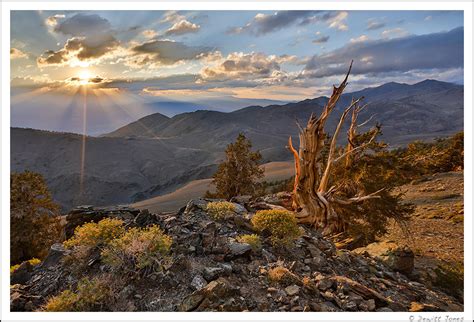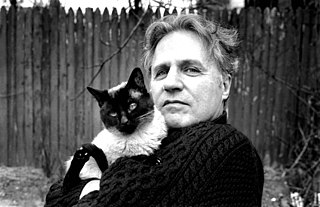A Quote by Rebecca Goldstein
Everybody have equal rights to a life of full flourishing. Philosophy slowly, slowly has given us arguments saying, look, you already committed to your own life flourishing, and you're being inconsistent if you don't expand it. So philosophy often works in trying to show us that there's an inner incoherence in our points of view. We're all committed to one thing when it comes to us and our own kind, but we're not willing to expand it and we're guilty of inconsistency.
Related Quotes
Our lives are full of separations that shake us up, force us to attend to our emotional selves and to learn new ways of being in the world. Although many of our losses are painful, they encourage our gains. The lesson life is trying to teach us is that, regardless of the challenges and changes in the physical world, we will abide in peace by aligning ourselves with our inner changelessness. The power of God in us is more than equal to any moment-no matter what it brings. We live in a loving, supportive universe that is always saying yes to us.
Some of my understanding of what philosophy and ethics is has changed very slowly. One thing that has changed is this for quite a long time I bought-into the idea that philosophy is basically about arguments. I'm increasingly of the view that it isn't. The most interesting things in philosophy aren't arguments. The thing that I think is underestimated is what I call a form of attending. I think that philosophy is at least as much about carefully attending to things as it is about the structure of arguments.
Sometimes people hurt us unintentionally. We may view that they've hurt us intentionally and want revenge. But sometimes when we really look back again, we can see that they weren't intentional in trying to hurt us. That's when we need to confess our judgment of them and forgive them for their unintentional hurts committed against us.
Many of the greatest works of philosophy seem to me to be valuable not because of their arguments, but because they offer us perspectives that open up new possibilities. They show us how we might start in different places, and not buy into the assumptions tacitly made on the first pages of the philosophical works that have influenced us.
Philosophy by showing - including philosophy in literature - does truly valuable work in leading us to new perspectives from which our arguments can then begin. It does so by introducing new synthetic complexes, which we then reflect on from various points of view. When the complexes survive and grow, that initial showing has been philosophically decisive.
Our dearest one. Fear nothing of the forest. There is no danger in solitude. We have no need of our brothers. Let us forget their good and our evil, let us forget all things save that we are together and that there is joy as a bond between us. Give us your hand. Look ahead. It is our own world, Golden One, a strange, unknown world, but our own.
It is our own pain, and our own desire to be free of it, that alerts us to the suffering of the world. It is our personal discovery that pain can be acknowledged, even held lovingly, that enables us to look at the pain around us unflinchingly and feel compassion being born in us. We need to start with ourselves.
Of one thing we can be sure: our own future is inseparable from the larger community that brought us into being and which sustains us in every expression of our human quality of life, in our aesthetic and emotional sensitivities, our intellectual perceptions, our sense of the divine, as well as in our physical nourishment and bodily healing.






































